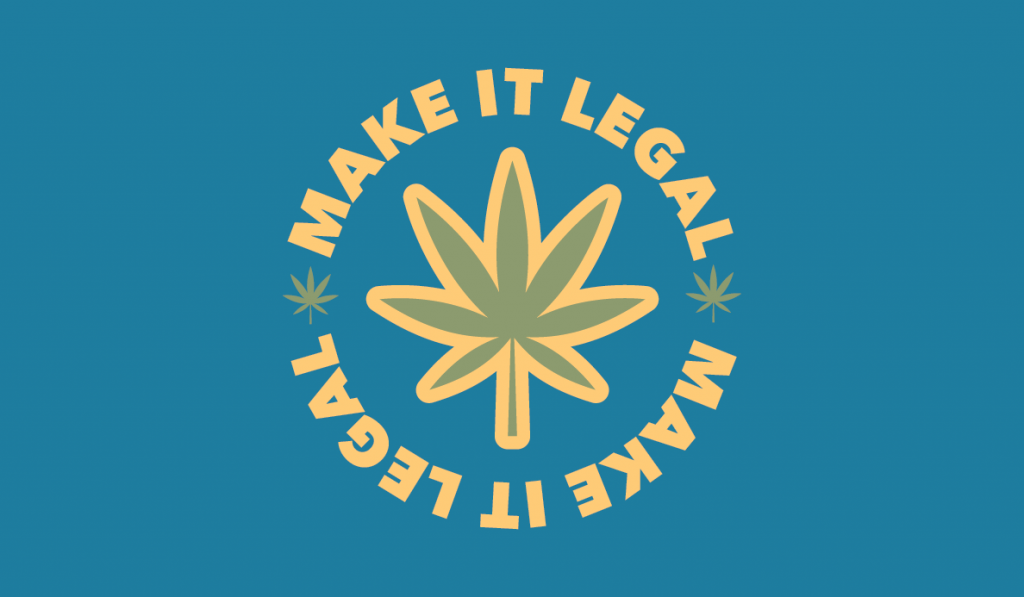Let’s talk about marijuana.
As the band Sublime once said: “I smoke two joints in the morning, I smoke two joints at night. I smoke two joints in the afternoon because it makes me feel all right.”
Not like that. Focus. Stay with me here.
The grand opening of the first recreational pot shop in Colorado has brought record-breaking amounts of tourism to Denver, but more importantly: it’s brought money. Lots and lots of money.
So much money, in fact, that shop owners are having problems figuring out what to do with it all. Banks are reluctant to serve marijuana business owners, legal or not, because of the overlapping laws between federal and state.
Our nation can’t be divided on this issue. The pros outweigh the cons immensely. Marijuana is great in moderation, and the heath and economical benefits are priceless.
In an article published by The New York Times, Serge F. Kovaleski wrote: “As a result, banks, including state-chartered ones, are reluctant to provide traditional services to marijuana businesses. They fear that federal regulators and law enforcement authorities might punish them, with measures like large fines, for violating prohibitions on money-laundering, among other federal laws and regulations.”
According to money.msn.com, Colorado is estimated to make $200 million this year in marijuana taxation, much of which will be going toward education.
Wouldn’t that be nice? Coming from a family who has deep-rooted values in education, I know I would appreciate it. According to the Utah Education Association, the average starting salary for an educator in Utah with his or her bachelor’s degree in 2011 was $33,117. With the same degree, the starting national average salary is $45,327.
The article also said as far as stocks are concerned, Medical Marijuana is experiencing a huge, record-breaking boom.
Legalizing marijuana in Utah would not only help control illegal activity, but it would also provide the community more jobs and tax money. Some people may argue that it’s unethical to use drug money to better others. However, if it’s legal, who cares what happens to the money after that? Just like alcohol, the money will get divided in the community. Once people can get past the fact that it’s a mind-altering drug, just like alcohol, we can reap the benefits of a huge influx of money into our community.
I’d rather have the government take tax money from drug users rather than out of my own pocket. If people want to smoke pot, and they’re willing to pay the price (close to $400 per ounce), help the rest of society keep our hard-earned money.
Just because weed isn’t legal here doesn’t mean people don’t smoke it. Ignorance isn’t bliss. If recreational marijuana was legal here, students wouldn’t have to break the law to seek it out. Also, with the government controlling the amount of pot purchased, it’s unlikely there would be as many traffic accidents, injuries, deaths, domestic violence cases, stomach pumps or hospitalizations as there are related to alcohol.
Now that one state has legalized the use of recreational marijuana, it’s time other states, including Utah, followed.
One of the most important things students can do is get educated about marijuana and its economical benefits. Rather than just taking a road trip to Colorado to get high, educate yourself while you’re there. To learn more about the rules and regulations in Colorado, visit CNN’s 10 things to know about nation’s first recreational marijuana shops in Colorado.



